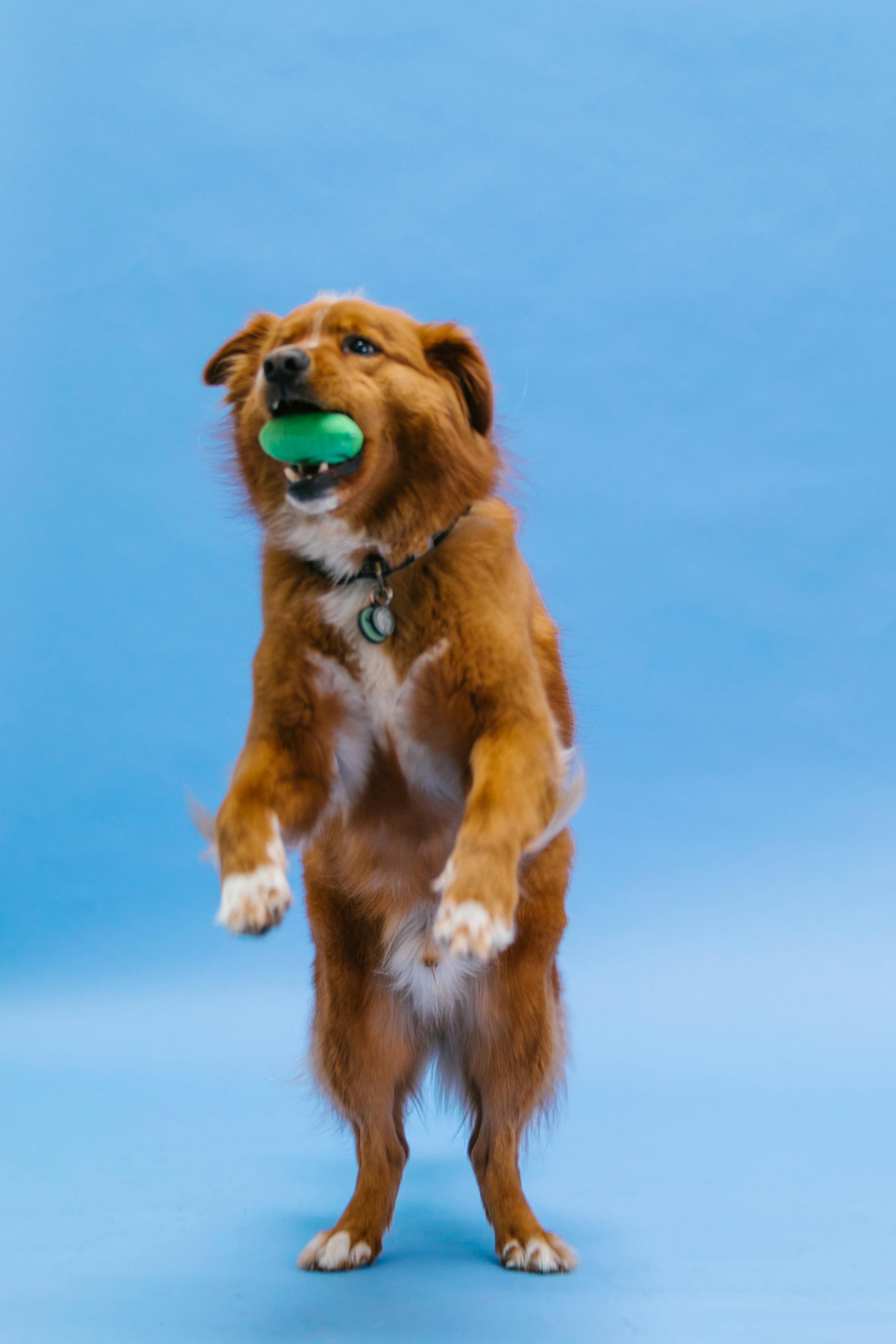To continue the interesting theme I started a few days ago, speaking on how insects can affect our pets, and for today's topic, I will be picking flies and analyzing if they hurt our pets or not. Flies are winged insects that belong to a large, complex order of insects called Diptera. There are different types of flies and they are different in terms of development, habitats, size, and even their preference for food. An adult fly for instance, may prefer to feed on saliva, blood, mucus, and tears. Flies are more than just an annoyance we want to get rid of, they can also spread diseases and problems in our pets.
 [source](https://www.pexels.com/photo/portrait-of-a-small-dog-barking-on-beach-sand-24035701/)
[source](https://www.pexels.com/photo/portrait-of-a-small-dog-barking-on-beach-sand-24035701/)
Regardless of the thousands of fly species we have spread around the world, they all have four life stages: the egg, larva, pupa, and adult. Flies lay their eggs in decaying flesh, animal waste, or poorly maintained stagnant water. The growth stage of flies is rapid, and sometimes, depending on the weather conditions, it may take only 12-14 days for a fly to grow from the egg stage to the adult stage.
Some flies bite while others do not, those that bite feed on animal blood. Examples of flies who bite are, sand flies, black flies, biting horse flies, mosquitoes, and deer flies. The bite could be a painful one that brings an allergic reaction with it, but they are usually not dangerous to dogs except they are numerous or they already carry a disease to be transmitted, and these flies can bite both humans and their pets.
Nonbiting flies do not bite while feeding and they do not feed on blood either, rather they feed on bodily secretions. Examples of this type of fly are, the head flies, filth-breeding flies, and eye gnats, these category of flies actively transmit diseases to pets.
Diseases transmitted by houseflies are what we will check out briefly, this is to help us understand how well we need to be careful and avoid flies as much as possible. E.coli can be transmitted by houseflies, this disease causes blood in stool, diarrhea, fever, stomach cramps, and vomiting.
 [source](https://www.flickr.com/photos/dapuglet/41403945125)
[source](https://www.flickr.com/photos/dapuglet/41403945125)
Flies can be attracted to your pet for different reasons, and pet owners must know these reasons, so you can prevent the ones that can be prevented. Flies will be drawn to your dog when they are ill, have diarrhea, they are incontinent, or they have their droppings around them.
I believe we must understand the nature of the disease these flies carry, it would help us know how to be more careful about having them around our pets and ourselves too. Taking houseflies as a case study today, they can transfer e.coli, which is a disease that can cause vomiting, stomach cramps, fever, diarrhea, and blood in the stool. Symptoms of E. coli typically begin to appear 3-4 days after an infection has happened, sometimes, it can last for up to two weeks before it begins to manifest.
 [source](https://www.pexels.com/photo/brown-dog-biting-a-toy-7516464/)
[source](https://www.pexels.com/photo/brown-dog-biting-a-toy-7516464/)
When a food is contaminated by a housefly, it can lead to food poisoning which comes with symptoms like nausea, stomach cramps, diarrhea, fever, and loss of appetite. Tularemia is another possible bacterial infection that houseflies can cause, it appears in the form of an ulcer near the area affected.
Pet owners must make it a duty to wash off leftover fecal or urinary contaminants that may stick to their pets after they have relieved themselves. Toilets must be cleaned consistently, house bedding needs to be changed consistently too, bear in mind that, insects will comfortably lurk around grassy areas, and will bite the stomach region of your pet as they run around.
After a pet has been bitten by an insect, a good warm bath can help soothe the inflammation and help make the pet feel more comfortable. Also, a bath will help to keep the coat and skin of your pet clean, limiting the chances of flies that will come around looking for a place to feed and lay their eggs. Several dog-safe repellents that are consistently advertised as being natural are not completely true, but there are natural oils that can serve as repellents, speaking to your vet before applying anything on your pet is crucial.
Flies can bite and can spread infections to pets and their human owners, protecting our home from flies is crucial not just to eliminate the inconveniences that their sound may bring, but to also stay away from any possible infections or diseases that may come from it.
References.
 [source](https://www.pexels.com/photo/portrait-of-a-small-dog-barking-on-beach-sand-24035701/)
[source](https://www.pexels.com/photo/portrait-of-a-small-dog-barking-on-beach-sand-24035701/) [source](https://www.flickr.com/photos/dapuglet/41403945125)
[source](https://www.flickr.com/photos/dapuglet/41403945125) [source](https://www.pexels.com/photo/brown-dog-biting-a-toy-7516464/)
[source](https://www.pexels.com/photo/brown-dog-biting-a-toy-7516464/)